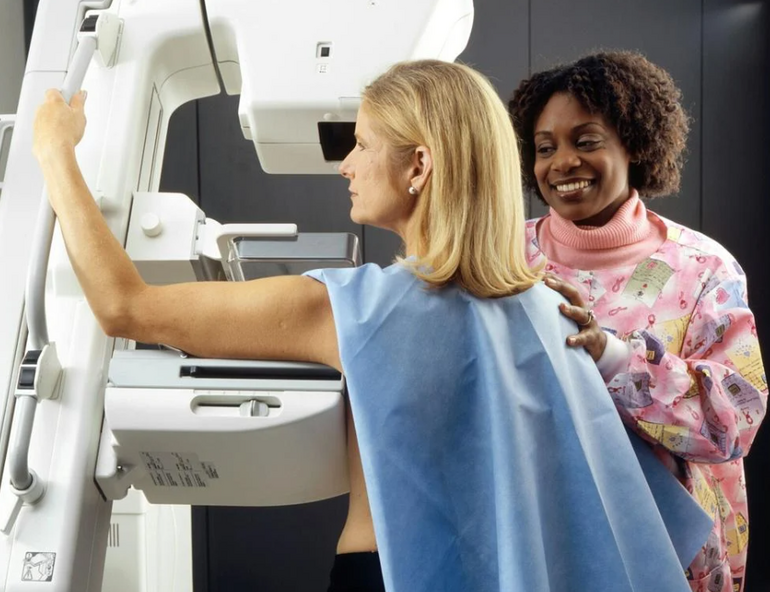Massachusetts residents are poised to gain expanded access to follow-up breast cancer screenings and exams under a bill that is headed to Gov. Maura Healey’s desk.
The Senate on Monday enacted a bill (H 4918) that requires insurers to cover diagnostic exams for breast cancer, digital breast tomosynthesis screening, and “medically necessary and appropriate screening” with breast MRIs and ultrasounds. The House enacted the bill on Thursday, the final day of Breast Cancer Awareness Month.
The legislation, pending Healey’s signature, would take effect in 2026 and prevents any increase in patient cost-sharing. Supporters say it removes a hefty cost barrier for patients who need more rigorous screenings due to dense breast tissue or abnormalities seen in their initial preventive screening mammograms, which are already covered by insurance under the Affordable Care Act.
The American Cancer Society Action Network on Monday urged the governor to sign the bill, saying it will “eliminate financial barriers to follow up breast cancer screenings – thereby improving health and saving lives.” The network said the bill could save Bay Staters “hundreds to thousands of dollars in follow up screening costs.”
“On behalf of the over 7,000 individuals in Massachusetts who will be diagnosed with breast cancer this year, ACS CAN commends our legislators for prioritizing equitable access to follow up breast cancer screenings,” the network’s Marc Hymovitz said in a statement. “The implementation of no-cost preventive services under federal law paved the way for more people to get regular, age-appropriate cancer screenings. However, cost barriers to follow-up screenings are undermining the process, perpetuating health inequities and resulting in poorer health outcomes. Without resolution following an abnormal screening test, the promise of cancer screening cannot be realized.”

